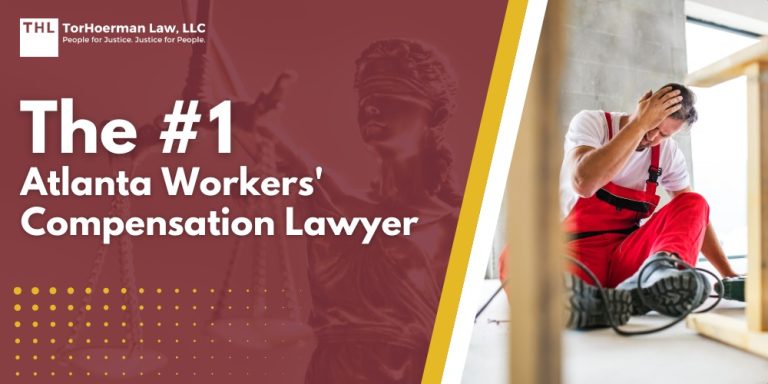Georgia’s workers compensation system is designed to provide no-fault benefits to employees who are injured on the job.
If your injury occurred while you were performing work duties (or doing something reasonably related to your job), you may be entitled to medical care, income replacement, and other support, without having to prove your employer did anything wrong.
Most employers with a regular workforce are required to carry coverage, and benefits are administered through the Georgia State Board of Workers’ Compensation (SBWC).
The trade-off is that you usually cannot sue your employer in civil court for pain and suffering; instead, you file a workers comp claim and access a defined set of workers compensation benefits.
Those benefits can deliver crucial financial support while you recover, and in serious cases they can continue for an extended period of time.
If a claim is denied benefits, you have the right to challenge the decision through mediation or a hearing.
Understanding your workers compensation rights and how they interact with possible personal injury claims against third parties is the key to maximizing your financial compensation after a work injury claim.
What Injuries and Workers Are Covered?
Most accidental injuries and occupational diseases that arise out of and in the course of employment (including aggravations of pre-existing conditions) are covered if the injury occurred because of your job.
Coverage can extend to job sites, client locations, or road travel if it’s part of your work.
Common scenarios covered by workers compensation include:
- Slip and fall accidents
- Lifting injuries
- Machinery incidents
- Vehicle collisions during work activities
- Repetitive stress injuries
- Exposure-related illnesses
Most employees (full-time and part-time) are covered through workers compensation.
Independent contractors are often disputed in workers compensation claims.
If you are unsure whether you are covered by workers compensation, contact a lawyer to evaluate your role and duties.
What Workers’ Compensation Benefits Can I Receive?
Georgia workers’ comp provides several categories of workers compensation benefits.
The categories of workers compensation benefits include:
- Medical benefits: All reasonable and necessary treatment related to the work injury (authorized physicians, specialists, diagnostics, prescriptions, therapy, and mileage reimbursement to appointments).
- Income replacement (wage benefits): Weekly checks if you can’t work or can only work with reduced earnings. Disability benefits are generally a percentage of your average weekly wage, up to state-set maximums.
- Temporary Total Disability (TTD): When you can’t work at all during recovery.
- Temporary Partial Disability (TPD): When you return to light duty at lower pay.
- Permanent Partial Disability (PPD): A rating-based benefit if you have lasting impairment.
- Catastrophic/serious injuries: Special rules and vocational assistance may apply for spinal cord injuries, severe brain injury, amputations, blindness, extensive burns, and other catastrophic losses.
- Death benefits: Income benefits to dependents and funeral expenses when a worker dies from a compensable injury or illness.




